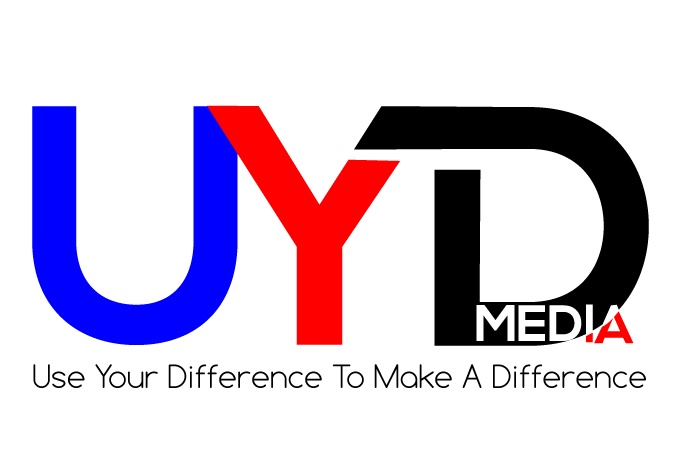Change[1]:
- : to become different
- : to make (someone or something) different
- : to become something else
To become something different, to do something different, to become someone different are, all three, aspects that accompany change. For many of us, change can be uncomfortable, unnerving, frightening. There are some who thrive on change, loving the rush of constant uncertainty and always craving new horizons. For most of us, however, there is always a certain degree of apprehension during any form of change.
I have recently experienced a significant amount of change in my life. What I have noticed is that my mind is now trying to catch up with the changes that have already occurred, not quite sure how it was left behind in the process. The changes were environmental, physical, social, emotional, and spiritual, but my rational mind is now a bit peeved off that it was not the one actively facilitating these changes. The changes came to me, as a result of over a year of steadily letting go, opening my mind to new ideas and shedding old ways of thinking and being in the world. And suddenly, within a whirlwind three-week period, everything felt different. And while the feeling of these changes felt exciting, I was left with a feeling of groundlessness. I feel still as if I am floating, disconnected from the body and person that was there before, having not quite arrived at a place of alignment between mind, body and spirit.
I know what I am seeking in this moment is reassurance, reassurance that the change is ok, that this is the right course of action. That I can safely leave behind the old now. That the old dysfunctional patterns in my life can truly be a thing of the past, that they aren’t going to suddenly pop back up and suck me back in. Change ultimately requires trust, sometimes blind faith that things will work out. Trust is needed because change most often requires a degree of risk, even if it is minutely small. The risk comes with leaving behind the old to move into the new, to let go of how things were and embrace or accept how things are now.
Sitting in that period of transition can be scary and uncomfortable. As humans, we like certainty, security and stability. We want to be able to predict and control our lives and the environment around us. It gives as a sense of safety to believe that we are in control and that the future is something we do have some power over.
In the case of the change I am currently experiencing, there is no certainty of outcomes, no predictability. And this is because what is new for me now has meant that I have had to become different. And becoming different at this point remains untested and unfamiliar. But that unfamiliarly promises good things.
What I want to say here is this: don’t give up on change too quickly. Growth takes courage and faith. Don’t pack it in just because it feels uncomfortable today. To feel comfortable with a change takes time. And the time that it takes to get there is often a period that is difficult to understand, unpleasant to be in, and full of doubts and insecurities. This is when many of us decide to bail out on the change. “This doesn’t feel great right now, so I’m out of here.” We don’t give ourselves a long enough chance to let the change run its course. This is where breaking habits becomes so challenging for most of us. Not doing what we are used to doing makes us so uncomfortable that we sabotage our chance of changing as soon as we feel the remotest bit of discomfort. Again, this is normal human instinct. Safe and familiar is comforting. Unfamiliar and challenging is not. But on the other side of this unfamiliarity is something that is potentially exciting and positive.
We have all heard the adage “Change is good”. It often just takes us a while to get there. Writing about change is serving as a reminder to myself that it’s normal to be apprehensive and uncertain when things are changing or about to change. Being alive means being in a constant state of impermanence. The human body itself, for example, is in a constant state of renewal. During the time it takes you to read this sentence approximately 50,000 cells in your body will die and be replaced with new cells. The entire skeleton is remade every three months and our skin grows a new layer every single month.[2] What we are in this very moment is changing constantly, simply as we breathe in and out. We can’t count on anything to stay the same. Things are in constant flux, whether we like it or not. We are changing, the planet is changing, and everything else surrounding us and within us remains in a constant state of renewal and impermanence.
The secret to human resilience is to work with change. We become resilient when we are able to move and flow with impermanence, with uncertainty, with the unfamiliar. This is how we become stronger, more flexible human beings. When we are able to welcome change into our lives, to get to know it gently while remaining compassionate towards ourselves, we find that change is much less daunting and uncomfortable. The more we acquaint ourselves with change, the easier it will become.
As for me, this period of change feels different than previous times of change in my life, where I’ve resisted change with an armory of fear. This time around, I am giving myself sufficient space to feel the uncomfortable feelings that accompany change, gently guiding myself through this period by leaning on my experiences of how I have dealt with change in the past. Now I know that the deeply uncomfortable feelings will come up and that I can expect them, accept them, but not let them trap me in self-defeating behaviours. I know that fear will come up but that I don’t need to allow it to shape shift into maladaptive behaviours or a negative reaction to a new situation. I know now that I am my own best cheerleader, that with the right self-talk and the gentlest of attitudes, I can coach myself through anything. I know that if I engage in a dialogue of encouragement with myself and acknowledge what the fears are as they come up, I can get through periods of unfamiliarity and uncertainty.
Change is good. Eventually!
References:
[1] Merriam-Webster Online Dictionary
[2] Martha Stewart Show, November 2007.




